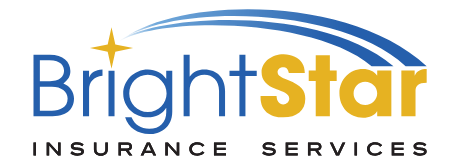What Is Medicare Advantage?
Medicare Advantage, also known as Medicare Part C, is a health insurance option offered by private companies approved by Medicare. These plans bundle Medicare Part A (hospital insurance) and Part B (medical insurance) into a single plan. Many Medicare Advantage plans also include extra benefits not covered by Original Medicare, such as prescription drug coverage (Part D), dental, vision, hearing, and wellness programs. They are designed to provide comprehensive healthcare coverage, often with additional perks like fitness memberships or transportation services.
Unlike Original Medicare, Medicare Advantage plans often operate through networks such as Health Maintenance Organizations (HMOs) or Preferred Provider Organizations (PPOs). This means you may need to use in-network providers to keep costs low, although some plans offer more flexibility. Medicare Advantage plans typically have lower monthly premiums than Medigap plans and include an annual out-of-pocket maximum, offering financial protection. However, specific costs, coverage options, and provider availability vary by plan, so it’s important to compare plans carefully to find the one that suits your healthcare needs.
READY TO GIVE US A TRY?
Benefits you are eligible for will depend on your area and plan providers.
If you are interested in learning more about what plans offer in your county, please reach out and schedule an appointment.
Understanding Medicare Advantage
Medicare Advantage (Part C) plans combine Medicare Part A (hospital) and Part B (medical) into one plan, often including additional benefits like prescription drug coverage, dental, vision, hearing, and wellness programs.
These plans are offered by private insurance companies approved by Medicare and must provide at least the same coverage as Original Medicare, though specifics and extra benefits vary by plan.
Most Medicare Advantage plans use provider networks (like HMOs or PPOs), requiring members to see in-network doctors and specialists for lower costs.
Unlike Original Medicare, Medicare Advantage plans include an annual out-of-pocket maximum, protecting members from excessive medical expenses.
Still Confused? Don't worry, we can help!
Different Types of Medicare Advantage Plans
HMO
In Medicare Advantage, an HMO (Health Maintenance Organization) plan requires members to use a network of doctors, hospitals, and other providers for their healthcare, except in emergencies. Typically, HMO plans also require a referral from a primary care doctor to see specialists.
PPO
In Medicare Advantage, a PPO (Preferred Provider Organization) plan offers more flexibility, allowing members to see any doctor or specialist, both in-network and out-of-network, though out-of-network care typically costs more. PPO plans do not require referrals to see specialists, providing greater freedom in choosing healthcare providers.
PFFS
In Medicare Advantage, a PFFS (Private Fee-for-Service) plan allows members to see any Medicare-approved doctor or provider who agrees to the plan's terms and conditions, without needing a network. These plans offer flexibility in choosing providers, but costs may vary depending on the specific provider's agreement with the plan.
Ready to get started?
